Great frauds in history: Kautilya Pruthi’s Ponzi scheme
Kautilya Nandan Pruthi persuaded a large number of clients including famous sportsman and actors, to part with over £100m, which he used to fund his playboy lifestyle.

Get the latest financial news, insights and expert analysis from our award-winning MoneyWeek team, to help you understand what really matters when it comes to your finances.
You are now subscribed
Your newsletter sign-up was successful
Want to add more newsletters?
Kautilya Nandan Pruthi was born in India in 1970 and moved to the UK at the age of 15. In 2005 he set up a company, Business Consulting International, with his associates Kenneth Peacock and John Anderson. Taking advantage of Peacock’s membership of Surrey County Cricket Club, the trio persuaded a large number of clients, including cricketer Darren Gough and actor Jerome Flynn, to hand over money, claiming they could make returns of up to 13% a month by lending at high rates to businesses unable to borrow from banks.
What was the scam?
Instead of lending the money, Pruthi used the funds he received from investors to support an extravagant lifestyle – among his assets were 16 luxury sports cars, including two Ferraris, a Lamborghini and several Bentleys. He rented a mansion for £20,000 a month and bought a Cessna Citation private jet (which crashed in 2008). To repay investors, he used funds taken from new clients – in other words, he ran a classic Ponzi scheme – although many early investors chose to reinvest rather than withdraw their funds.
What happened next?
In 2008 the then Financial Services Authority (FSA), the City regulator, decided to intervene, securing a court order to freeze assets. After fully investigating the scheme, the City of London police arrested Pruthi and his two associates. Despite this, many of Pruthi’s investors refused to believe the scheme was a scam, and even attempted to sue the authorities. In 2012 Pruthi was convicted of fraud and sentenced to 14 years in prison; Peacock and Anderson were convicted of more minor offences and given 18 months.
Try 6 free issues of MoneyWeek today
Get unparalleled financial insight, analysis and expert opinion you can profit from.

Sign up to Money Morning
Don't miss the latest investment and personal finances news, market analysis, plus money-saving tips with our free twice-daily newsletter
Don't miss the latest investment and personal finances news, market analysis, plus money-saving tips with our free twice-daily newsletter
Lessons for investors
At the time that Business Consulting International’s assets were frozen, it claimed to have £114.7m in assets. Unfortunately, even after seizing the firm’s assets, the FSA was only able to recover a total of £800,000, which meant that most investors only received a fraction of the money that they had put in. Investors would have been better advised to follow the example of cricketer Kevin Pietersen, who turned down an opportunity to invest in the scheme because “it seemed too good to be true”. A rule of thumb is that if this seems to be the case, it really is too good to be true. Another lesson to be learnt, noted by MoneyWeek at the time of Pruthi’s sentencing, is to “never trust a man in a cravat”.
Get the latest financial news, insights and expert analysis from our award-winning MoneyWeek team, to help you understand what really matters when it comes to your finances.

-
 8 of the best properties for sale with minstrels’ galleries
8 of the best properties for sale with minstrels’ galleriesThe best properties for sale with minstrels’ galleries – from a 15th-century house in Kent, to a four-storey house in Hampstead, comprising part of a converted, Grade II-listed former library
-
 The rare books which are selling for thousands
The rare books which are selling for thousandsRare books have been given a boost by the film Wuthering Heights. So how much are they really selling for?
-
 VICE bankruptcy: how did it happen?
VICE bankruptcy: how did it happen?Was the VICE bankruptcy inevitable? We look into how the once multibillion-dollar came crashing down.
-
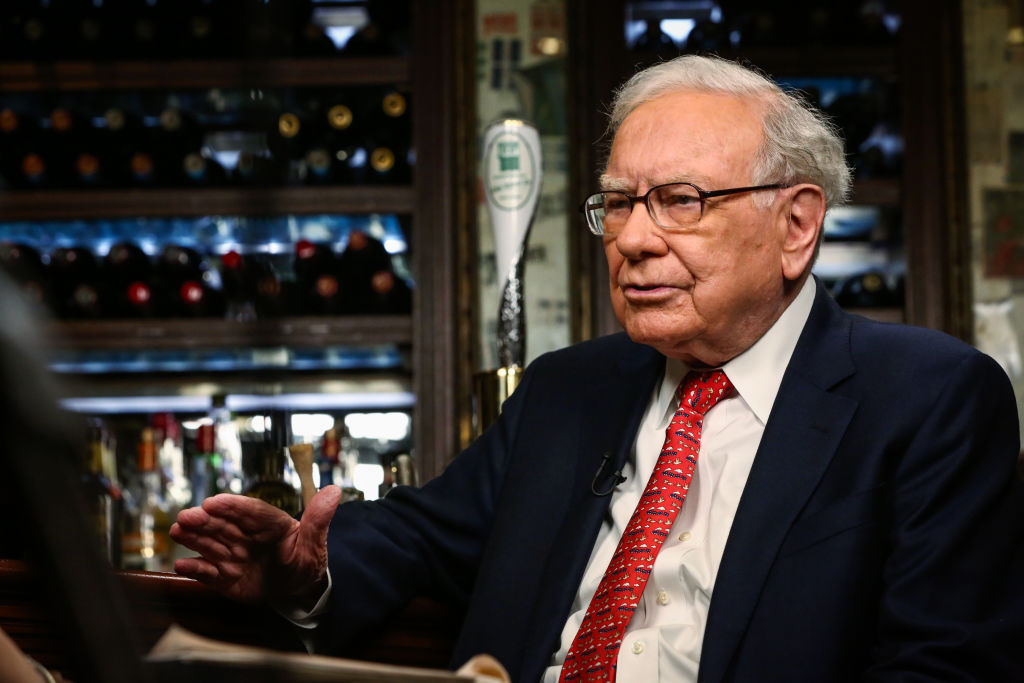 What is Warren Buffett’s net worth?
What is Warren Buffett’s net worth?Warren Buffett, sometimes referred to as the “Oracle of Omaha”, is considered one of the most successful investors of all time. How did he make his billions?
-
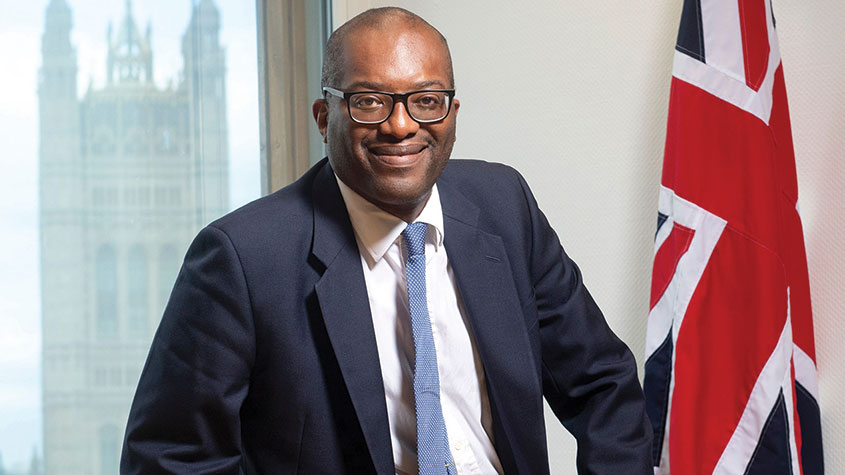 Kwasi Kwarteng: the leading light of the Tory right
Kwasi Kwarteng: the leading light of the Tory rightProfiles Kwasi Kwarteng, who studied 17th-century currency policy for his doctoral thesis, has always had a keen interest in economic crises. Now he is in one of his own making
-
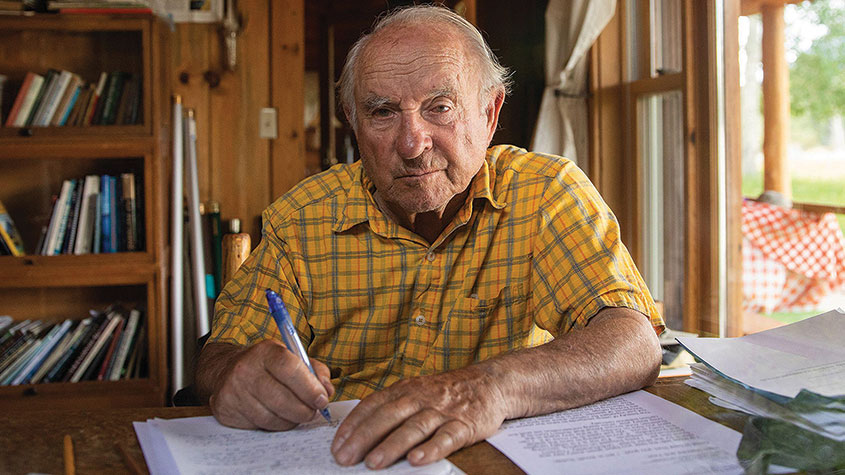 Yvon Chouinard: The billionaire “dirtbag” who's giving it all away
Yvon Chouinard: The billionaire “dirtbag” who's giving it all awayProfiles Outdoor-equipment retailer Yvon Chouinard is the latest in a line of rich benefactors to shun personal aggrandisement in favour of worthy causes.
-
 Johann Rupert: the Warren Buffett of luxury goods
Johann Rupert: the Warren Buffett of luxury goodsProfiles Johann Rupert, the presiding boss of Swiss luxury group Richemont, has seen off a challenge to his authority by a hedge fund. But his trials are not over yet.
-
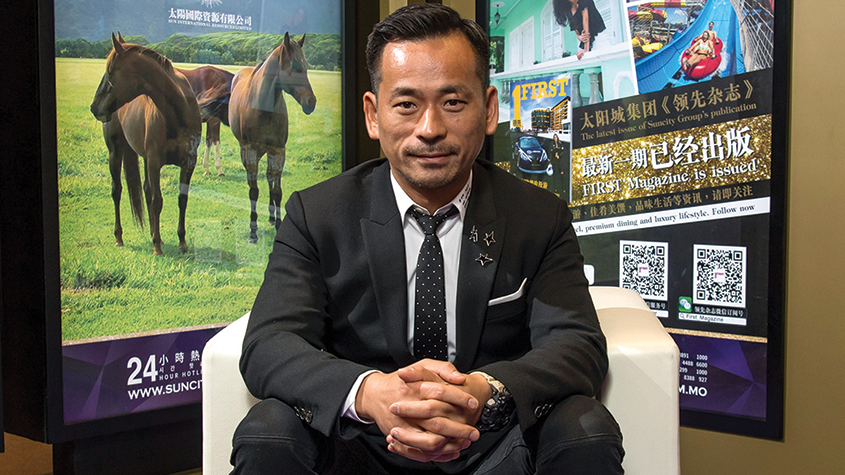 Profile: the fall of Alvin Chau, Macau’s junket king
Profile: the fall of Alvin Chau, Macau’s junket kingProfiles Alvin Chau made a fortune catering for Chinese gamblers as the authorities turned a blind eye. Now he’s on trial for illegal cross-border gambling, fraud and money laundering.
-
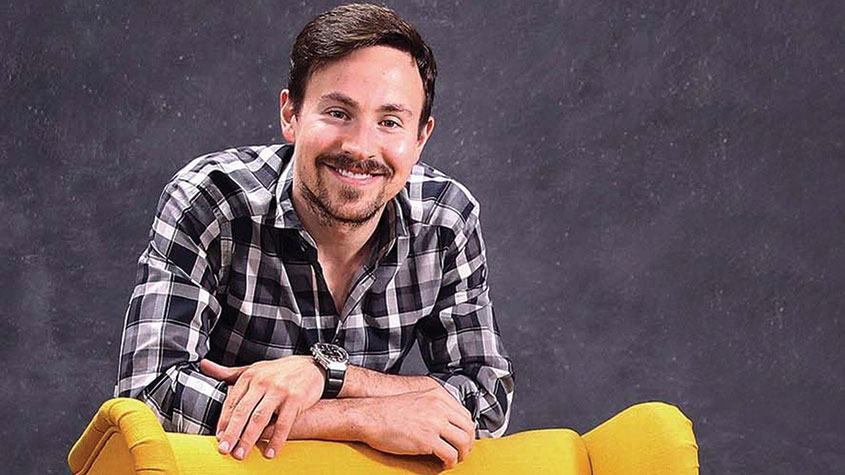 Ryan Cohen: the “meme king” who sparked a frenzy
Ryan Cohen: the “meme king” who sparked a frenzyProfiles Ryan Cohen was credited with saving a clapped-out videogames retailer with little more than a knack for whipping up a social-media storm. But his latest intervention has backfired.
-
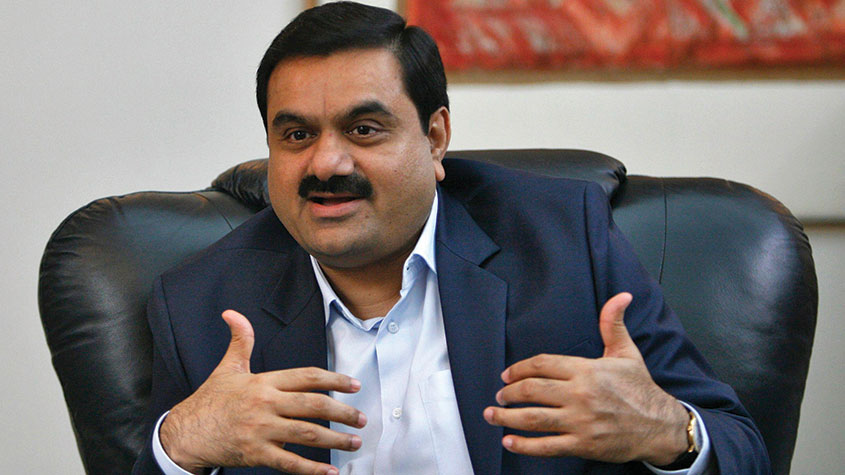 The rise of Gautam Adani, Asia’s richest man
The rise of Gautam Adani, Asia’s richest manProfiles India’s Gautam Adani started working life as an exporter and hit the big time when he moved into infrastructure. Political connections have been useful – but are a double-edged sword.